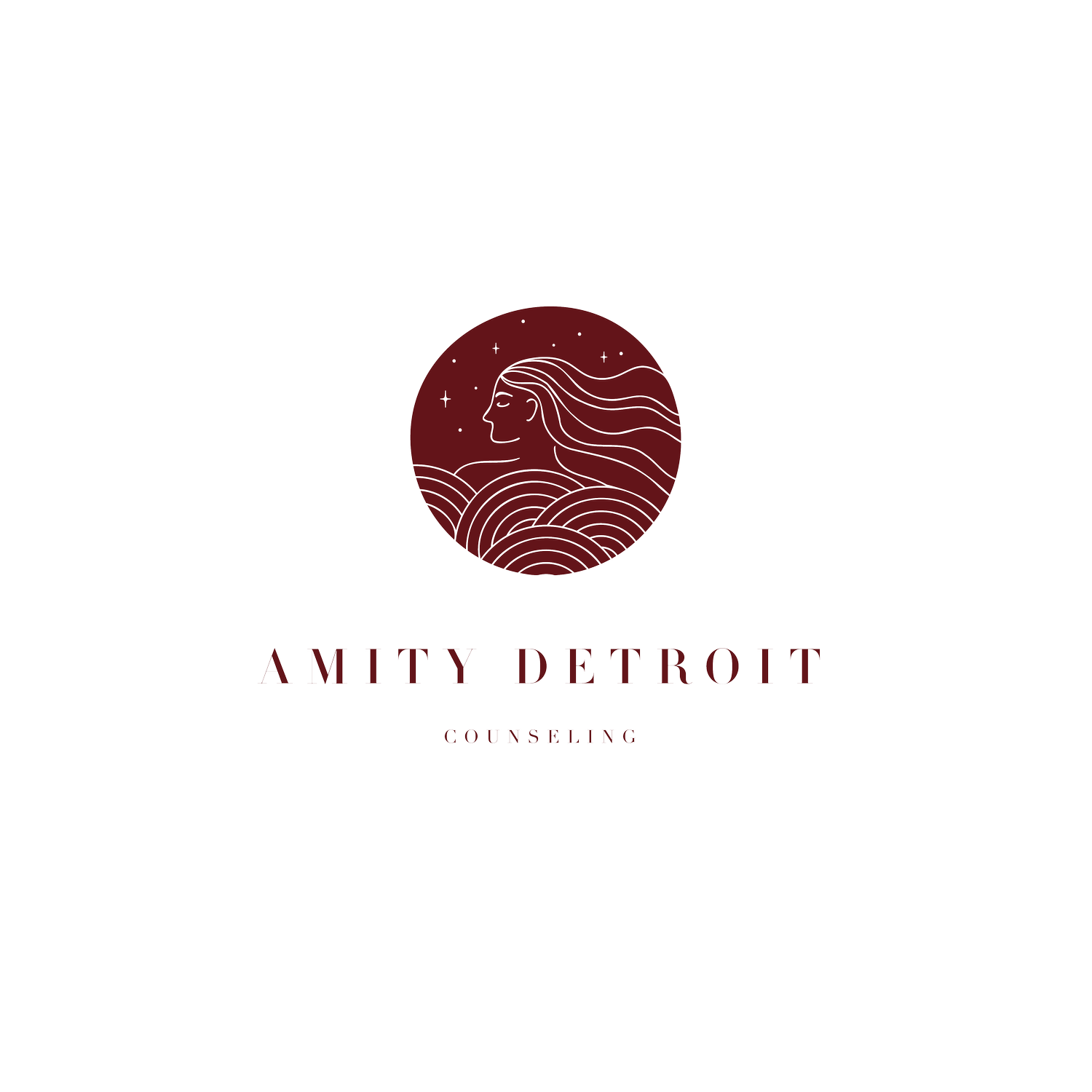What About Friendship Breakups?
Our heteronormative culture creates a hierarchy of relationships that places romantic love at the top. For many people, their romantic partnership is the place they find daily, consistent intimacy and connection, but our culture's focus on this one type of intimacy can minimize the significance of other types of relationships. The ending of a friendship can be just as painful as the end of a romantic relationship. These endings can elicit many of the same emotional responses: shame, grief, and anger. We attach to our friends, share intimate parts of our lives, and rely on them as chosen or extended parts of our families.
We’re wired for human connection, and the beauty of being human is that we’re able to form multiple deep attachments and connections with others. This adds richness, warmth, and color to our lives. We turn to friends for laughter, companionship, intellectual stimulation, and emotional support. When we see parts of ourselves reflected back to us in our friends, we feel a sense of safety in the ease of belonging. When we’re challenged to see things differently by a close friend, we have opportunities to grow in a safe environment.
You probably know intuitively which friend to reach out to when you’re needing a specific experience. Some may be pros at the tough love, and others may be a bit more gentle in their ability to sit back and listen. You also probably have a good idea of what type of friend you are and an awareness of your own strengths and challenges. For example, I know that I’m pretty good with the deeper conversations (I mean I would hope so based on my career choice…), but I might not be as good with the hands on ways of showing up. I’m not super into cooking a nice meal or making a hand-crafted gift. For the most part, there’s probably an organic rhythm you fall into with both giving and receiving support from your most intimate circle.
But what happens when there’s a disruption in this flow? What happens when there’s a conflict so great that the friendship cannot be repaired? For many people, the same types of questions that arise during a romantic breakup show up. Questions like, “What did I do wrong? Am I a bad person? Why didn’t I see this coming?” Behaviors like checking their ex-friend’s social media and needing to talk through the issues with other friends play out.
You might even find yourself over functioning in other relationships as a way of proving to yourself or others that you are worthy. Of course this isn’t intentional or even always conscious. These are the types of patterns a therapist might point out after getting to know you, or the types of patterns you may notice over time. Just like we see with romantic relationships, the disruption in the attachment with a friend can be a catalyst for exploring insecurities, strengths, and sense of self. This can include reflecting on your family of origin, childhood, and holistic development.
Reflecting on the end of a friendship can be a time to explore what got in the way of communicating more clearly sooner, or what stories you were each believing without saying out loud. It’s also possible that the two of you have come to a natural ending after identifying that your values or wants and needs are not aligned. Sometimes there’s a major betrayal or pain point, and sometimes one or both people are just ready to take a different path. Whatever the story is for you, please know that it’s ‘normal’ for the ending to elicit a strong emotional response. It isn’t just you, and your process is worthy of support.
If you think we may be a good fit to explore more, book an initial consultation today.

